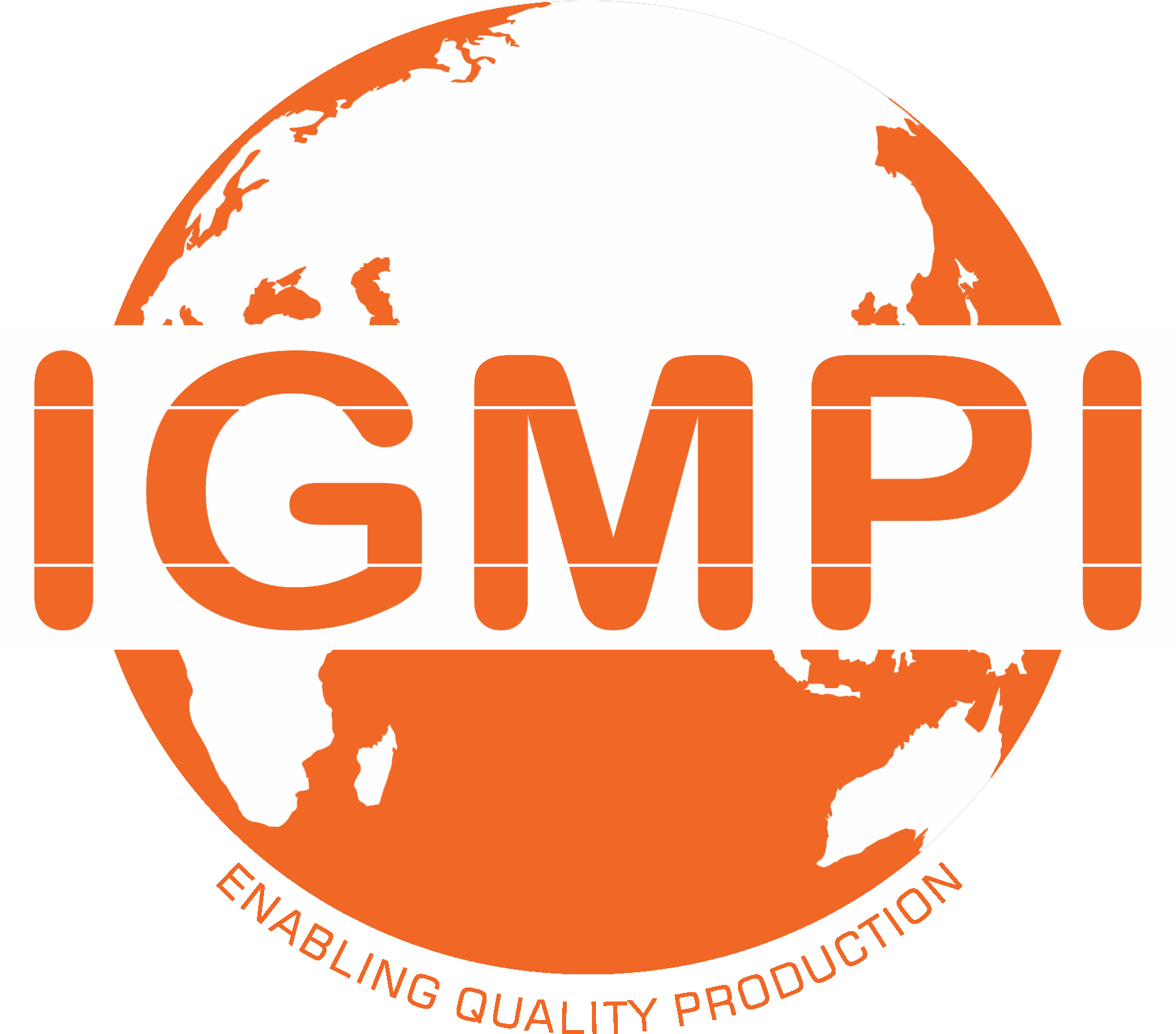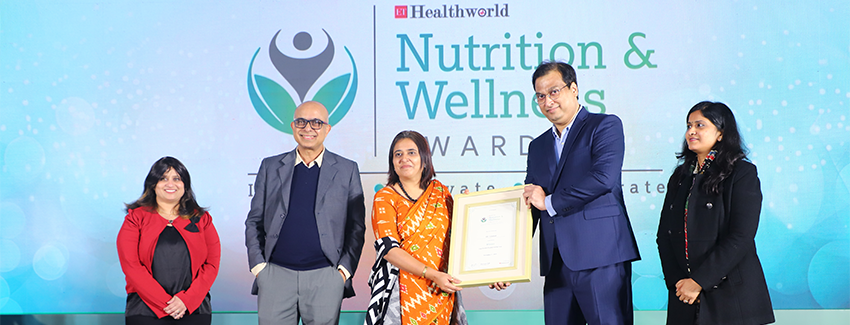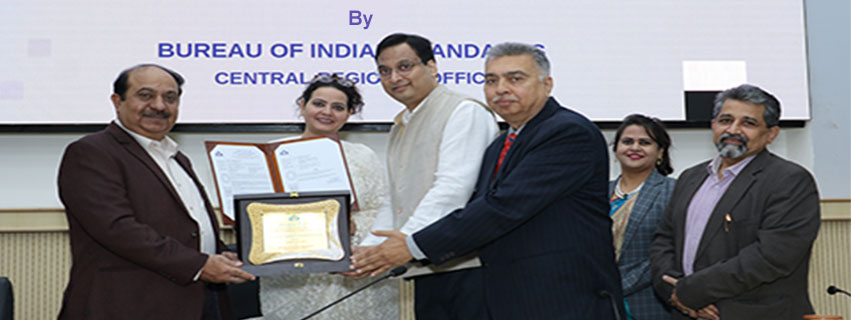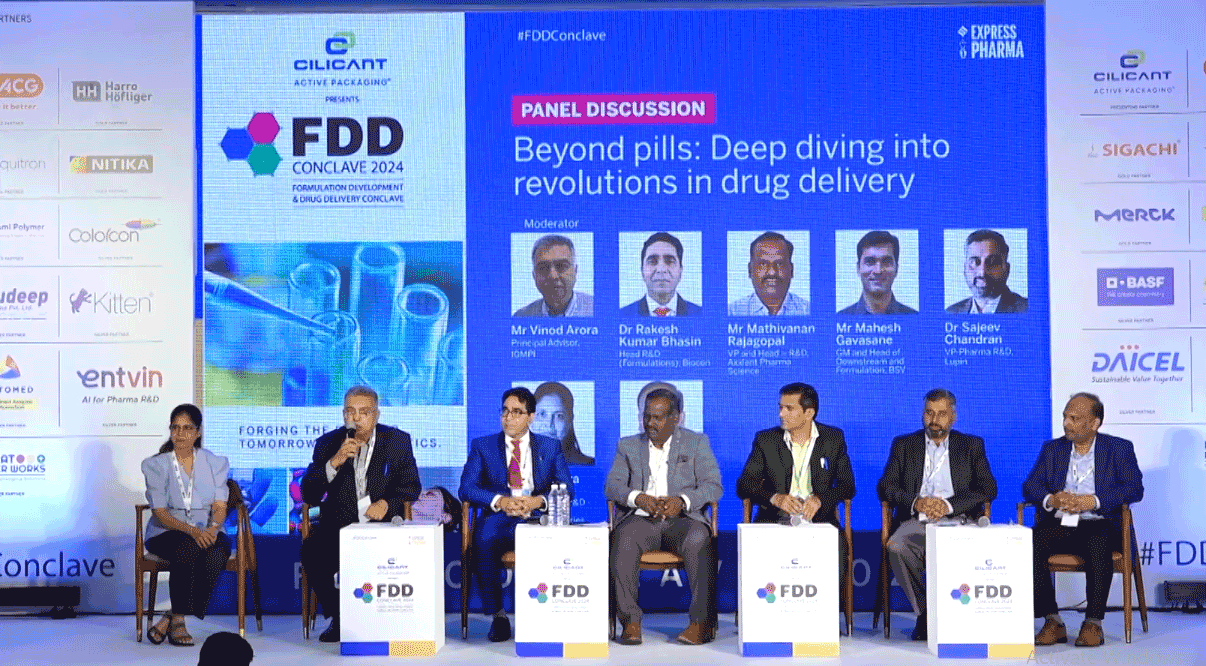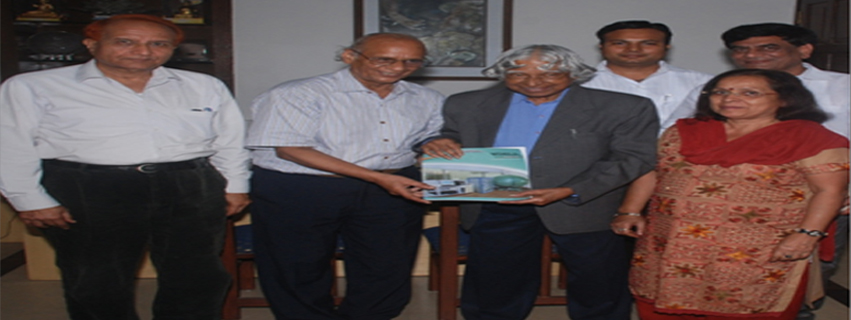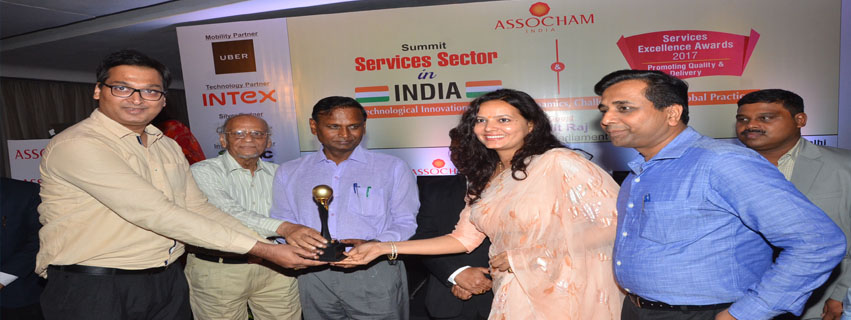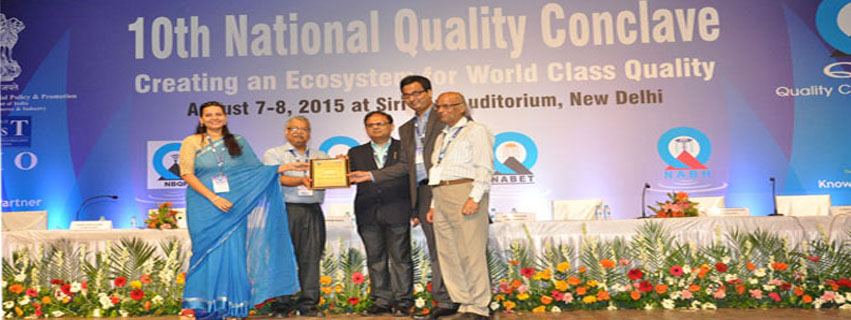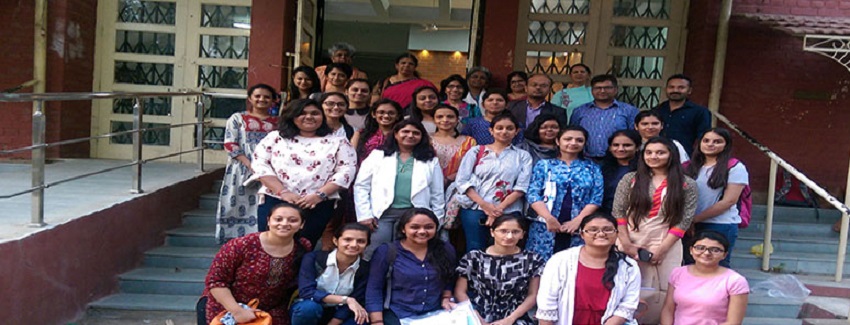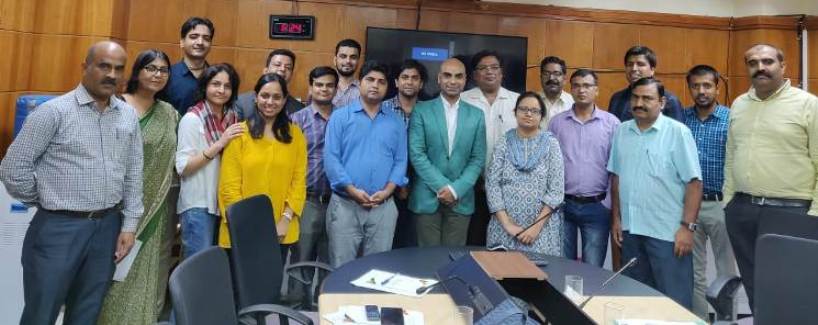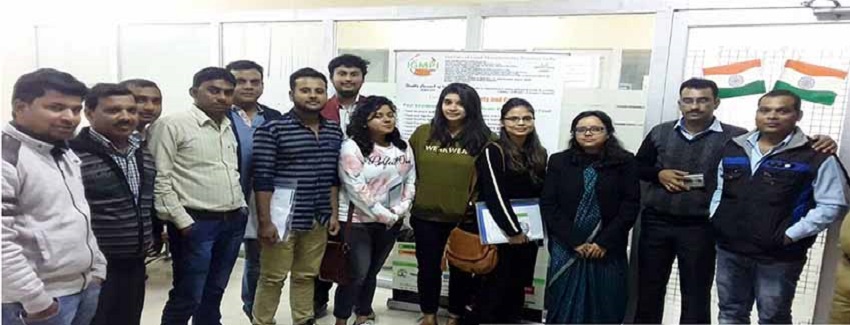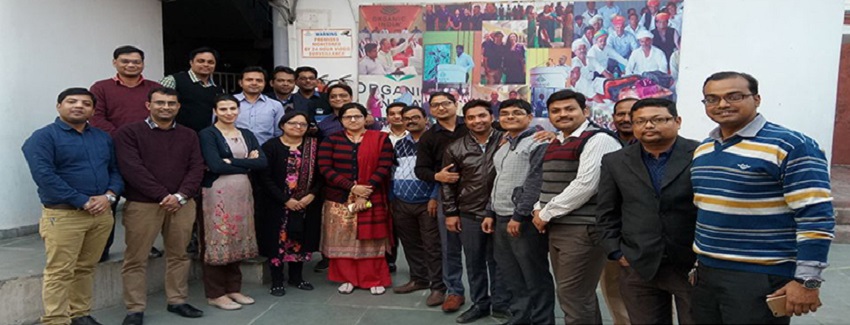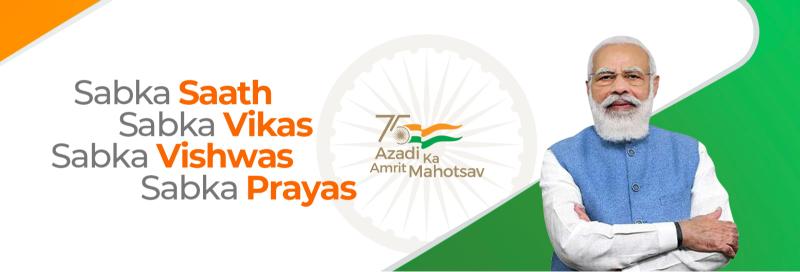(An Autonomous Body Recognized by Ministry of Commerce & Industry, Government of India)
Competency based placement focussed Education | Training | Research | Consultancy
Post Graduate Diploma / Executive Diploma in Addiction Psychology (PGDAP/EDAP)
The Post Graduate Diploma/Executive Diploma in Addiction Psychology is an intensive, interdisciplinary program designed to provide students with a comprehensive understanding of substance use and behavioural addictions. Integrating knowledge from psychology, neuroscience, psychiatry, public health, and social work, the course examines the biological, psychological, and social dimensions of addiction and its impact on individuals, families, and communities. Emphasizing evidence-based and person-centered care, the program covers key areas such as the neurobiology of addiction, early intervention, psychological and pharmacological treatment, dual diagnosis, behavioural addictions, and rehabilitation strategies. Students will develop practical skills in assessment, treatment planning, counselling, and community-based interventions, while also exploring issues related to stigma, legal frameworks, policy, and the intersection of addiction and crime. Grounded in a rights-based and recovery-oriented approach, this program prepares future professionals to support individuals in their recovery journey and contribute to more inclusive, ethical, and effective addiction care systems.
Programme Overview
The Post Graduate Diploma / Executive Diploma in Addiction Psychology is a one-year intensive program designed to equip professionals with the expertise to understand, prevent, and treat substance use and behavioural addictions through integrated, evidence-based approaches. This comprehensive course draws from psychology, neuroscience, psychiatry, public health, and social work to explore the complex biological, psychological, and social dimensions of addiction. The curriculum covers core areas such as the neurobiology of addiction, psychological and pharmacological interventions, screening and early intervention, dual diagnosis, rehabilitation, and relapse prevention. Specialized topics include addiction in special populations, the relationship between addiction and crime, behavioural addictions such as gambling and internet use, and the impact of legal and policy frameworks on treatment access and stigma. Emphasizing ethical care, cultural competence, and a rights-based, person-centered philosophy, the program blends theoretical learning with real-world application through case studies, and assessments. Participants will develop the skills to conduct clinical assessments, design individualized recovery plans, support relapse prevention, and contribute to inclusive, community-based addiction care systems.
Programme Structure
International Affiliation with
Programme Structure
International Affiliation with
Module 1: Introduction to Addiction Psychology
- Core Concepts and Definitions of Addiction
- Classification Systems: DSM-5-TR and ICD-11
- Myths, Misconceptions, and Stigma Around Addiction
- Overview of Models of Addiction (Moral, Disease, Psychological, Biopsychosocial)
Module 2: The Neurobiology of the Addicted Brain
- Brain Reward Circuitry
- Neurochemistry of Addiction
- Neuroadaptation and Plasticity
- Brain Imaging and Neurobiological Evidence
- Neurological Recovery and Brain Healing
Module 3: Screening and Early Intervention
- Screening Tools and Assessment Techniques
- Identifying Risk and Protective Factors
- Brief Interventions and Early Engagement
Module 4: De-addiction and Rehabilitation
- Medical Detoxification and Pharmacological Interventions
- Inpatient, Outpatient, and Community-Based Rehabilitation Models
- Multidisciplinary Approaches to Recovery and Relapse Prevention
- Peer-Based and Policy Approaches to Recovery
Module 5: Psychological Approaches to Recovery
- Cognitive Behavioural Therapy (CBT)
- Third-Wave Therapies
- Trauma-Informed Care
- Motivational Enhancement Therapy (MET)
- Individual vs Group Therapy Approaches
Module 6: Addiction, Crime, and the Criminal Justice System
- The Relationship Between Substance Use and Criminal Behavior
- Drug-Related Offenses: Possession, Trafficking, and Drug-Induced Violence
- Addiction in Incarcerated Populations: Prevalence and Treatment Needs
- Legal Responses to Addiction: Decriminalization, Drug Courts, and Rehabilitation in Prisons
Module 7: Disorders Co-occurring with Substance Abuse (Dual Diagnosis)
- Common Comorbid Conditions
- Assessment and Diagnosis of Dual Disorders
- Integrated Treatment Models
- Suicidality and Risk Management
Module 8: Behavioural and Non-Substance Addictions Add Intervention
- Gambling and Internet Gaming Disorders
- Sex and Pornography Addiction
- Eating Disorders as Addictive Behaviours
- Treatment of Non-Substance Addictions
Module 9: Addiction Across Special Populations
- Substance Use in Adolescents and Young Adults: Risk Factors and Early Intervention
- Women and Addiction: Gender-Specific Patterns, Trauma, and Treatment Needs
- Addiction in Older Adults: Polypharmacy, Isolation, and Hidden Use
- Cultural and Minority Perspectives in Addiction: Barriers to Access and Culturally Sensitive Care
Module 10: Case Studies in Addiction Psychology
Module 11: Capstone Project
Eligibility
Graduates in any discipline are eligible for our Post Graduate Diploma, Executive Diploma and Professional Certification Programmes.
Programme Duration
The minimum duration to complete the PG diploma programme is 12 months and maximum is 24 months. The minimum duration to complete the executive diploma programme is 6 months and maximum is 12 months.
Programme Mode
Registrations are currently open for regular and Part-time (Online Live Classes) both modes.
Programme Deliverables
A comprehensive study material for all the modules in hard copies ensuring the needs of the audience. The accompanying training material is appropriately aligned with the current Industry’s expectations.
- Assignments for all the programme modules for continuous evaluation and guidance.
- Interactive or online live sessions on all key areas of the programme giving all flexibility to the participants.
- Online Live Classes/Part-time for all the modules will be conducted on the weekends. Moreover, a doubt clearing session will also be scheduled before the examination
- All the efforts are made by IGMPI faculty members to make the entire programme modules easily understandable.
- Assessment and evaluation for all the programme modules in order to enhance the levels of competencies and skills of the participants leading towards the objective of application in the job.
- At the end of each programme modules, the trainers shall obtain feedback from the participants using specially designed questionnaires.
- All learning and training delivery initiatives shall be conducted in English.
Examination and Certification
All the participants are expected to appear for an online exam and are also obliged to submit assignments after each module. After successful completion, the participants will be awarded Post Graduate Diploma/Executive Diploma in Addiction Psychology by Centre for Health Management and Research, IGMPI. For all the above-mentioned modules, Online Live Classes/Part-time or face-to-face classes (Regular mode), elaborate programme material, self-assessment assignments would be provided by the Institute. Details get updated on the webpage as well.
Discipline in Classes and Examination
Every student is required to observe a disciplined behaviour during her/his classes, assessments & examinations and to follow instructions from the Professors. Any act of indiscipline may result into discredit & it will be mentioned in her/his academic report.
Placement Assistance & Corporate Relations
The Institute has partnered with many organizations for providing with placement assistance to its participants. Besides, it has a robust placement cell comprised of senior level Human Resources professionals and Talent Acquisition experts which maintains close links with business and industry. This cell is continuously engaged in promoting the employability of our participants and encouraging the concerned Human Resources department and Hiring Managers to recruit/hire our participants for their vacant positions. The efforts of our placement cell also include helping with professional resume writing & interview skills.
In recent months the Institute has witnessed more and more participation from professionals working with global healthcare giants like Healthcare Settings (Apollo, Max Healthcare, Fortis etc.), Corporate Wellness Centres (Amaha, Mantra Care, Nirawellness etc.), Health Coaching and Consultancy (The Health Science Academy, Aanya Wellness, Shreehi Consulting Services LLP etc.), Education and Training, NGO’s (Mindroot Foundation, The MIND foundation etc.), and Private Practices etc.
Future Career Prospects
As the field of addiction psychology continues to expand, the Post Gradaute Diploma / Executive Diploma in Addiction Psychology will evolve to reflect emerging research, interdisciplinary treatment models, and innovations in addiction care and prevention. With increasing global recognition of addiction as a complex, biopsychosocial issue, the programme will continue to draw from psychology, neuroscience, psychiatry, public health, social work, and law to address substance use and behavioral addictions across diverse populations. Future iterations will emphasize culturally sensitive approaches, digital health tools, and evidence-based practices including tele-therapy, harm reduction, and integrated care for dual diagnoses. Specialized training will be offered to equip professionals to work effectively with vulnerable groups such as adolescents, incarcerated individuals, trauma survivors, and marginalized communities. The curriculum will also address policy advocacy, ethical practice, and strategies for practitioner well-being and burnout prevention. Graduates will be well-prepared for careers in addiction treatment centres, mental health clinics, hospitals, correctional facilities, public health initiatives, NGOs, educational settings, and government or international organizations focused on substance use prevention, treatment, and rehabilitation.
Programme Fee Details
Programme fee details will appear here.
Last date for submitting completed Application Form: 17th Feb 2026.
For further enquiries, call or write to us on:
18001031071
(Toll Free -9:00 am to 5:30 pm IST-except on Central Government holidays)/
info@igmpi.ac.in
NEWSLETTER
- The Trump administration rolls back Biden-era health IT rules, including AI ‘model card’ requirements.
- Afghan Health Delegation to Engage Indian Pharma Firms on Trade and Collaboration
- HHS Seeks Industry Input to Accelerate AI Adoption in Healthcare
- WHO Academy Launches Course on National Cancer Control Planning for Programme Managers
Other Programmes
- Adolescent Health and Counselling (PGDAHC/EDAHC)
- Ayurveda Practices (PGDAP/EDAP/DAP)
- Ayurvedic Cosmetology (PGDAC/EDAC)
- Ayurvedic Gastroenterology (PGDAG)
- Child Psychology (PGDCP/EDCP)
- Clinical Cosmetology (PGDCC/EDCC)
- Clinical Epidemiology (PGDCE/EDCE)
- Clinical Psychology (PGDCP/EDCP)
- Cognitive Behavioural Therapy (PGDCBT/EDCBT)
- Counselling & Family Therapy (PGDCFT/EDCFT)
- Counselling Psychology (PCP/ECP)
- Cultural Psychology & Psychiatry (PGDCPP/EDCPP)
- Digital Health (PGDDH/EDDH)
- Educational Psychology (PGDEP/EDEP)
- Epidemiology and Biostatistics (PGDEB/EDEB)
- Facial Aesthetics (PGDFA/EDFA)
- Forensic Psychology (PGDFP/EDFP)
- Health and Sanitation (PGDHSI/DHSI)
- Health and Wellness Psychology (PGDHWP/EDHWP)
- Health Economics (PGDHE/EDHE)
- Health Informatics (PGDHI/EDHI)
- Health Information Management (PGDHIM/EDHIM)
- Health Inspector (DHI)
- Health Insurance Management (PGDHIM/EDHIM)
- Healthcare Analytics (PGDHA/EDHA)
- Healthcare Marketing (PGDHM/EDHM)
- Healthcare Quality Management (PGDHQM/EDHQM)
- Herbal Medicine (PGDHM/EDHM)
- Hospital and Healthcare Management (PGDHHM/EDHHM)
- Industrial/Organisational Psychology (PGDIOP/EDIOP)
- Integrative Medicine (PGDIM)
- Kaya Chikitsa (PGDKC/EDKC)
- Marriage and Family Education (PGDMFE/EDMFE)
- Maternal and Child Health (PGDMHC/EDMHC)
- Medical Coding (PGDMC/EDMC)
- Medical Records Technology (PGMRT/EDMRT)
- Mental Health and Psychotherapy (PGDMHP/EDMHP)
- Mind-Body and Lifestyle Sciences (PGDMBLS/EDMBLS)
- Naturopathy (PGDN)
- Naturopathy and Yogic Science (PGDNYS/EDNYS/DNYS)
- Neuropsychology (PGDNP/EDNP)
- Nursing Administration (PGDNA/EDNA)
- Psychosocial Rehabilitation (PGDPR/EDPR)
- Public Health (Epidemiology as Major) (PGDPHE/EDPHE)
- Public Health and Hospital Management (PGDPHHM/EDPHHM)
- Sanitary Inspector (DSI)
- Telehealth (PGDTH/EDTH)
- Yoga Therapies (PGDYT/EDYT)
